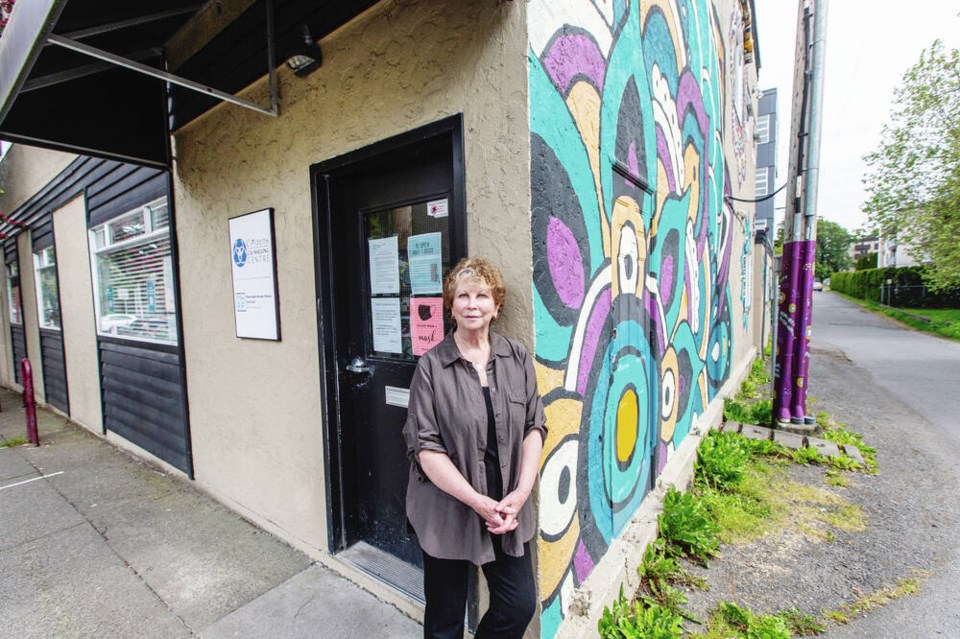The regular onslaught of bad news in recent months — from school shootings to climate change, COVID-19 data and ongoing reports of horrors from the Russian invasion of Ukraine — can lead to worsening mental health and empathy fatigue, experts say.
“We tend to believe in a just world,” said Frederick Grouzet, a professor of psychology at the University of Victoria. “But when we see all these things coming up, we feel that the world is unfair and there is a lot of uncertainty. That can have an impact.”
Citizens’ Counselling Centre of Greater Victoria — a trained volunteer counselling service with rates as low as $10 per session — has 60 to 100 people on its wait list these days.
Executive director Brenda Wilson says some of the top issues clients of Citizens’ Counselling present with include stress, anxiety, panic attacks and depression.
“I absolutely think [the news is] weighing on all of us, and in ways that, in the past, it hasn’t been,” she said. “It’s the cumulative effect of a lot of really, really big issues.
“I think for younger people, getting their news via phone or laptop … the doom scrolling is part of a cycle that contributes to their anxiety,” she added. “And COVID really ramped that up. The bad news gets our attention. And we’re the only ones who can really turn that off.”
Grouzet said it can help to focus on what we can control and work on letting go of what we can’t.
“We may not be able to control a shooting in a school, but we can control how we react to it and to what extent we want to be exposed to this information,” he said. “It’s important to be informed, but not to be obsessed with the information.”
With smartphones, news is available at all times, so people need to limit their exposure when it becomes detrimental to their mental health, he added.
“The exposure to bad news and news that can be very disturbing is intensified,” he said. “The difference is that we have more control. Some people may want to know more and stay on their phone … but too much is not good. Stay informed, but there is a limit for everything.”
Empathy requires energy, Grouzet added.
“Empathy means you, to a degree, experience the emotion of the other person in order to understand their perspective. And so if you don’t have other ways to get some resources or regain energy in other ways, then that can drain all your energy, and this is how we see empathy fatigue.
“We all need social support, family, friends and/or a therapist.”
Last year, Citizens’ Counselling Centre provided nearly 9,000 hours of counselling to 989 clients, including both group and individual counselling. More than 60 per cent of clients were between the ages of 19 and 39, and 55 per cent qualified for $20 or $10 sessions, meaning their annual family income was $20,000 or less.
“There is a great need for affordable counselling,” Wilson said. “I think there’s more remote services than there used to be, and I think that’s a good thing for some people. But the need is still there for affordable counselling.”
Amy Schactman, clinical co-ordinator at Foundry Victoria, said the youth-serving mental health and substance-use organization doesn’t take a wait list, but there is ongoing high demand for its counselling services, too.
“There’s a lot going on in the world and there’s a lot going on in people’s lives. That adds an extra layer of demand on services.”



